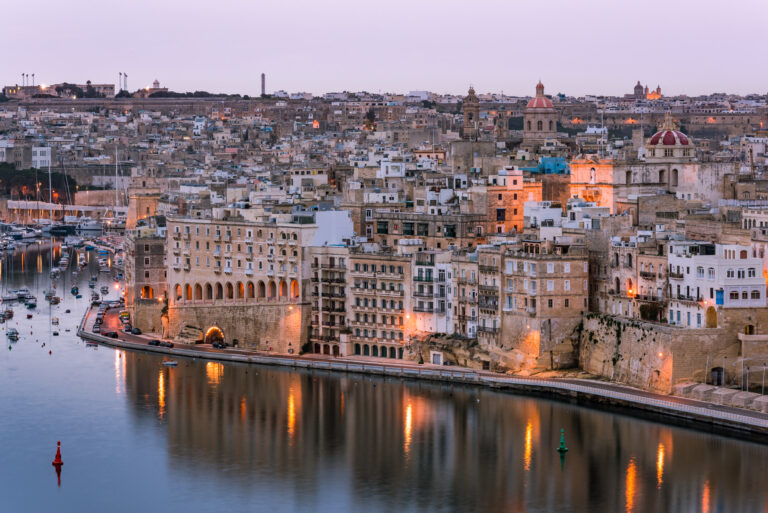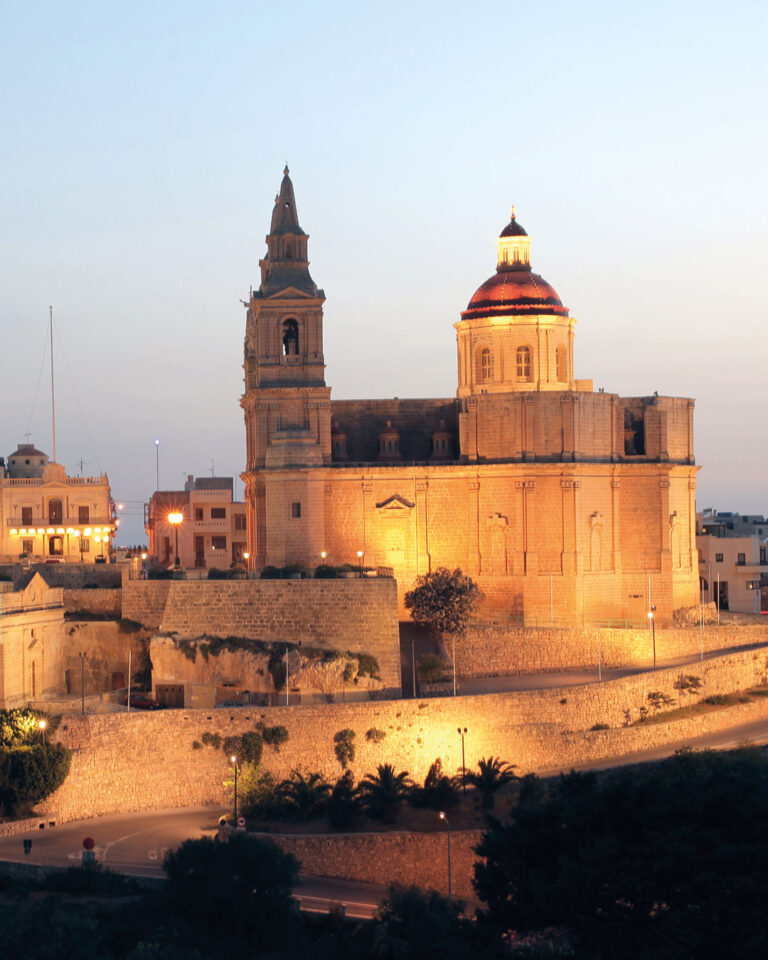MALTA PEO & EOR
Hire in Malta without a local entity today
As a Global PEO & EOR service provider, we pride ourselves on our global reach, in-country knowledge, and ability to swiftly and efficiently mobilize workers around the world. Our robust PEO/EOR covers everything from global HR, payroll, compliance, in-country support, immigration, visas, and more.
Get started and hire in Malta today with Gibson Watts Global.
DID YOU KNOW
- Malta is one of the only countries in the world, and one of four in Europe, which still drives on the left-hand side of the road. This is as a result of the country’s British connection
- Rabbit is a very common meat in Maltese cuisine, and Stuffatt Tal-Fenek (Rabbit Stew), is the country’s national dish
- Malta is the smallest country in the European Union by both population and area, and is one of the smallest countries in the world
Forget software,
this is expansion
with a human touch
MALTA PEO Services
Astonishing landscapes and a high standard of living
In Malta, employment contracts are generally full or part-time on a permanent contract (or fixed-term); some workers will also engage temporary contracts. Many employment contracts will begin with a trial period, which is negotiated at the start of an employment contract. Trial periods are usually given a maximum of six months, however this can extend to one year for high-profile jobs.
Working in MALTA
Employment Information
Working Hours
Standard full-time hours in Malta are 40 hours per week. All workers are entitled to breaks when engaging a working day for longer than six hours, with a minimum daily rest period of 11 hours per 24-hours, and a minimum of 24 uninterrupted resting hours per week.
Overtime cannot, on average, exceed the maximum working time outlined in Malta’s employment law, which is 48 hours per week (on average), unless a worker voluntarily consents to work longer. Different industries in Malta have different working hours.
Leave Entitlement
As of 2023, full-time workers in Malta are entitled to 208 hours of paid leave per year. For part-time workers, this annual leave is calculated on a pro-rata basis. Different employment contracts will negotiate paid leave between the employer and worker.
Employees are also entitled to maternity leave for an uninterrupted period of 18 weeks, with 14 weeks of full day, and 4 weeks unpaid (unless the employee has paid for at least 1 year’s Social Security National Insurance, in such case they would be entitled to the Social Security Maternity Leave Grant).
Employees must give their employers reasonable notice if they fall ill, and doctor’s notes are usually required. According to Maltese law, employees are entitled to their salaries during illness for a certain period. Once their sick-leave entitlement is used up, employers are no longer obligated to pay an employee’s salaries. Following this, employees are entitled to sickness benefits from the Social Security Department. Sickness benefits are applicable after the third day of sick leave, providing a medical certificate / doctor’s note can be demonstrated within 10 days.
Taxation
Individuals who are both residents and living in Malta are required to pay taxes in the country, however taxes are only applicable on income earned within Malta, or foreign income which is remitted to Malta. Any earnings, which are made by a resident of Malta, outside of Malta, are not taxable in the country.
Non-residents are only taxed on income and capital gains that have been generated in Malta.
Tax rates in Malta are progressive, ranging from 0% to 35% depending on an individual’s income. The rates (as of 2021) are as follows:
Single Rates
- €0 – €9,100 = 0%
- €9,101 – €14,500 = 15%
- €14,501 – €60,000 = 25%
- €60,001 and over = 35%
Married Rates
- €0 – €12,700 = 0%
- €12,701 – €21,200 = 15%
- €21,201 – €60,000 = 25%
- €60,001 and over = 35%
Parent Rates
- €0 – €10,500 = 0%
- €10,501 – €15,800 = 15%
- €15,801 – €60,000 = 25%
- €60,001 and over = 35%
Expanding into Malta
As a part of the European Union, citizens of other EU member states have freedom to travel, work and live in Malta without the need of a Visa. European expats are exempt from employment license requirements, but will need to register their stay with the Department for Citizenship and Expatriate Affairs in Malta within 3 months.
For nationals from countries outside of European member states, the Single Permit procedure is required. All nationals are required to provide the following, amongst other documents, to apply for a permit application in Malta.
- Copy of an employment contract
- Private medical insurance certificate
- Job title description from employer
- A covering letter from a prospective employer
- A signed CV, with references that demonstrate 3 years of relevant experience.
For businesses that wish to expand into Malta, a Malta PEO partner or EOR like Gibson Watts Global can simplify the process. A Malta PEO partner will ensure that all employment tasks have been taken care of, to ensure a fast and compliant route to working in country.
Cultural Information
Roman Catholicism is the main religion of Malta, however freedom of religion is a constitutional right and a variety of faiths can be found across the island. The official language of Malta is Maltese, however English is also very common, with the vast majority of Malta’s population being able to speak it.
Impacts from COVID-19
Malta has experienced a rapid uptake in remote working since the start of the COVID-19 pandemic, with many businesses embracing flexible patterns for their employees. It varies significantly between industries, however there are now huge opportunities for employees to work completely from home, or as part of a ‘hybrid’ pattern.




